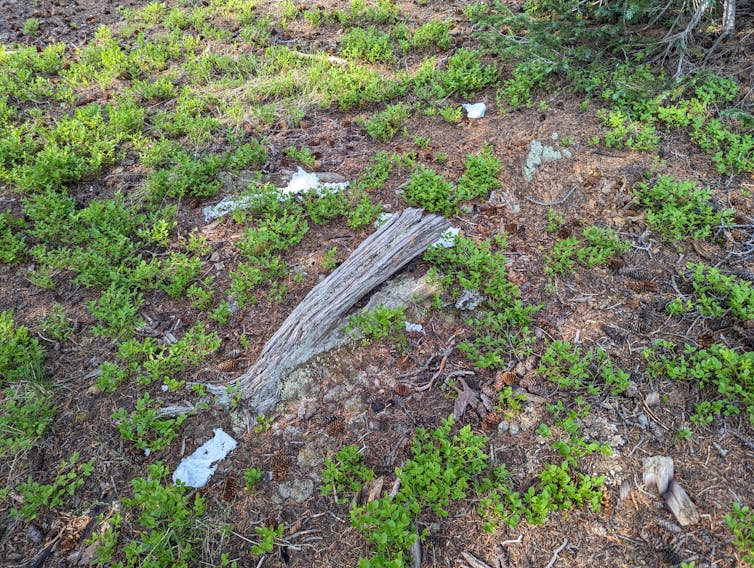Plus, convicted fraudster Trump submitted phony documents misrepresenting the value of his properties
By Robert Faturechi, Justin Elliott and Alex Mierjeski for ProPublica
Donald Trump has used it as a justification to target political foes, including a governor on the Federal Reserve Board, a Democratic U.S. senator and a state attorney general.
Real estate experts say claiming primary residences on different mortgages at the same time is often legal and rarely prosecuted.
But if administration officials continue the campaign, mortgage records show there’s another place they could look: Trump’s own Cabinet.
Underscoring how common the practice is, ProPublica found that at least three of Trump’s Cabinet members call multiple homes their primary residences on mortgages. We discovered the loans while examining financial disclosure forms, county real estate records and publicly available mortgage data provided by Hunterbrook Media.
Labor Secretary Lori Chavez-DeRemer entered into two primary-residence mortgages in quick succession, including for a second home near a country club in Arizona, where she’s known to vacation. Transportation Secretary Sean Duffy has primary-residence mortgages in New Jersey and Washington, D.C. Lee Zeldin, the Environmental Protection Agency administrator, has one primary-residence mortgage in Long Island and another in Washington, D.C., according to loan records.In a flurry of interviews and rapid-fire posts on X, Bill Pulte, the Federal Housing Finance Agency director, has led the charge in accusing Trump opponents of mortgage fraud. “If somebody is claiming two primary residences, that is not appropriate, and we will refer it for criminal investigation,” Pulte said last month.
A political donor to the president and heir to a housing company fortune, Pulte’s posts online tease big developments and criminal referrals, drawing reposts from Trump himself and promises of swift consequences. “Fraud will not be tolerated in President Trump’s housing market,” Pulte has warned.
Real estate experts told ProPublica that, in its bid to wrest control of the historically independent Fed and go after political enemies, the Trump administration has mischaracterized mortgage rules. Its justification for launching criminal investigations, they said, could also apply to the Trump Cabinet members.







.jpg)










